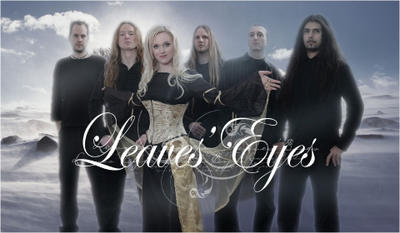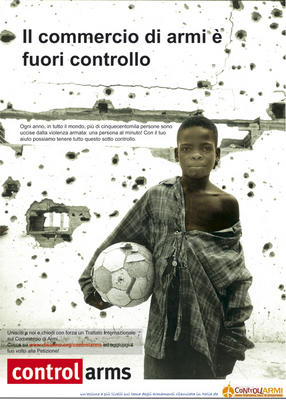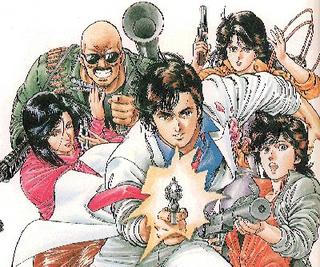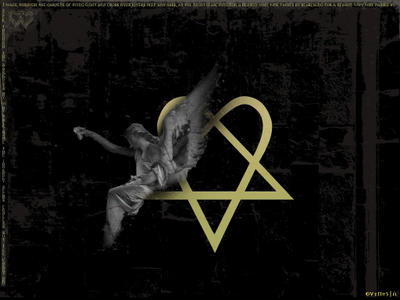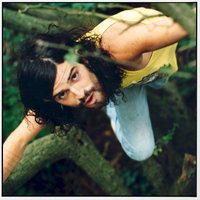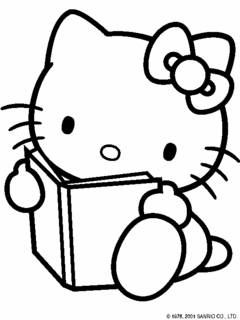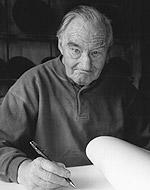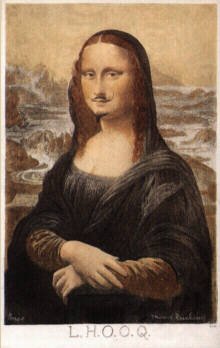http://www.lipu.it/Lega Italiana Protezione Uccelli Associazione per la conservazione della Natura attiva in Italia dal 1965
Ente Morale dal 1985 (Decreto del Presidente della Repubblica n 151 del 6.2.85 e pubblicato sulla Gazzetta Ufficiale n. 99 del 27.4.85)
Associazione di Volontariato (iscritta al Registro Regionale del Volontariato istituito ai sensi dell'art. 6 della legge 11 agosto 1991, n. 266, con decreto del 2 dicembre 1992 n. 855 del Presidente della Regione Emilia Romagna)
O.N.L.U.S. (Organizzazione non lucrativa di utilità sociale)D.l.gs del 4.12.97
Associazione di protezione Ambientale riconosciuta dal Ministero Ambiente ai sensi art.13 L. n. 349 deI 8.7.86
Ente in grado di svolgere ricerca scientifica, iscritta dal 9.12.97 all'anagrafe Nazionale delle Ricerche presso il Ministero dell'Università e della Ricerca Scientifica e Tecnologica (codice = 219910PV)
NGO (Organizzazione Non Governativa)
Iscritta daI 23/03/98 al Registro Nazionale della Stampa (n. 416/81)
LA LIPU E' FATTA DI...
42.000 sostenitori,100 Sezioni locali, migliaia di Volontari, una rete di 58 Oasi e Centri Recupero visitati ogni anno da più di 200.000 persone, fanno della LIPU la principale associazione italiana per la protezione degli uccelli.
LA NOSTRA MISSIONE
Conservare la natura partendo proprio dalla protezione degli uccelli e dei loro habitat, educare i giovani al rispetto del mondo in cui viviamo, sensibilizzare l'opinione pubblica su temi importanti come la tutela dell'ambiente e l'attenzione alla salute, questi sono i principali obiettivi definiti dallo Statuto dell'associazione.
LE NOSTRE ATTIVITA'
Le attività della LIPU si possono dividere in 4 grandi aree:
Le strutture dedicate alla natura:La LIPU gestisce una rete di:45 Oasi - dove la natura è protetta9 Centri Recupero - dove gli uccelli e gli altri animali feriti vengono curati4 Centri Cicogna - per la reintroduzione della Cicogna bianca in Italia
I progetti di conservazione e di studio:La LIPU realizza:progetti sul campo - per la tutela di specie e habitat minacciatiprogetti di ricerca - per approfondire la conoscenza di particolari specie o per valutare l'impatto ambientale delle attività dell'uomo.servizi di consulenza per la gestione naturalistica del territorio
Le iniziative di educazione per diffondere una nuova etica ambientale:educazione ambientale nelle scuolecampagne di sensibilizzazione dell'opinione pubblica
Le attività di lobby e di vigilanza:promozione di leggi che tutelano la natura, in campo locale, nazionale e internazionalemonitoraggio del territorio grazie ad un servizio di Guardie volontarie - per controllare l'attività venatoria e combattere il bracconaggio
I NOSTRI TRAGUARDI
1965 Inizia la storia della LIPU, la prima Associazione che in Italia si occupa di protezione della natura.
1975 Viene realizzato il Centro Recupero Rapaci di Parma, il primo "ospedale" italiano per la fauna selvatica. Qui si curano gli uccelli feriti o in difficoltà, per poi liberarli nuovamente nel loro ambiente naturale. A questa struttura ne seguiranno altre, per arrivare a 9 Centri Recupero LIPU nel 2000 con 10.000 animali curati all'anno.
1977 Prima grande vittoria della LIPU: viene approvata la legge n. 968 sulla caccia per cui la fauna selvatica diventa patrimonio dello Stato e cessa la persecuzione legale dei rapaci. Due anni dopo la Comunità Europea emana una Direttiva per la protezione degli uccelli selvatici e dei loro ambienti.
1979 A Crava Morozzo, nella pianura cuneese, viene realizzata la prima Oasi LIPU: una zona umida di 300 ettari di primaria importanza per gli uccelli migratori e per quelli che vi nidificano.
1983 E' l'anno del Birdwatching: la LIPU lancia una grande campagna per diffondere la conoscenza degli uccelli e della natura attraverso corsi, raduni e viaggi.
1985 La LIPU viene riconosciuta dal Presidente della Repubblica Ente morale che persegue fini di pubblica utilità. Nello stesso anno Mario Pastore è nominato Presidente della LIPU; rimarrà in carica perseguendo con impegno gli obiettivi dell'Associazione fino al 1996, anno della sua improvvisa scomparsa.
1986 Al Centro Cicogne di Racconigi nasce il primo "cicognino", capostipite della lunga e prolifera dinastia LIPU: la Cicogna bianca torna così a nidificare in Italia. Nel 2000 i Centri Cicogne saranno quattro e il progetto LIPU avrà riportato questo magnifico migratore a nidificare in Italia.
1987 Nasce il settore educazione della LIPU, che tramite molteplici attività contribuisce a sviluppare nei bambini e nei ragazzi una cultura del rispetto e dell'amore per la natura e per il mondo circostante.
1991 Grazie anche al grande impegno della LIPU viene varata la Legge Quadro sui Parchi, che d'ora in poi sarà un punto di riferimento fondamentale per le aree protette italiane. L'anno successivo sarà la volta della nuova legge sulla caccia, n. 157, un altro passo importante a favore della fauna del nostro paese.
1992 Con le Campagne per la Marmotta, per Peppola e Fringuello e per gli uccelli migratori la LIPU raccoglie più di 300.000 firme e ottiene con successo la difesa
1993 Nasce BirdLife International, la più grande federazione di associazioni di protezione degli uccelli del mondo; la LIPU è orgogliosa di essere scelta come partner italiano.
1994 La LIPU realizza il primo Piano d'azione naturalistico per il Delta del Po, la più grande zona umida d'Italia.
1996Prende il via la campagna Rondini, un progetto pluriennale di conservazione e di sensibilizzazione per fronteggiare il drammatico calo di questa specie e promuovere un'agricoltura che rispetti maggiormente la natura e la salute dell'uomo.
1999"Un mondo senza uccelli non sarebbe la stessa cosa", questo lo slogan della Campagna istituzionale LIPU, realizzata dalla JWT di Roma, per sensibilizzare l'opinione pubblica sull'importanza degli uccelli e del loro ruolo nel mantenimento dell'equilibrio naturale.
2000 Continuano le attività di conservazione della natura e di protezione delle specie minacciate. La reintroduzione del Grifone in Sicilia e Sardegna è un esempio significativo. Sono 45 le Oasi LIPU sul territorio, luoghi dove la natura riesce a vivere protetta, gli animali trovano rifugio sicuro e l'uomo può apprezzare quanto sia gratificante mantenere l'equilibrio del nostro ambiente.
